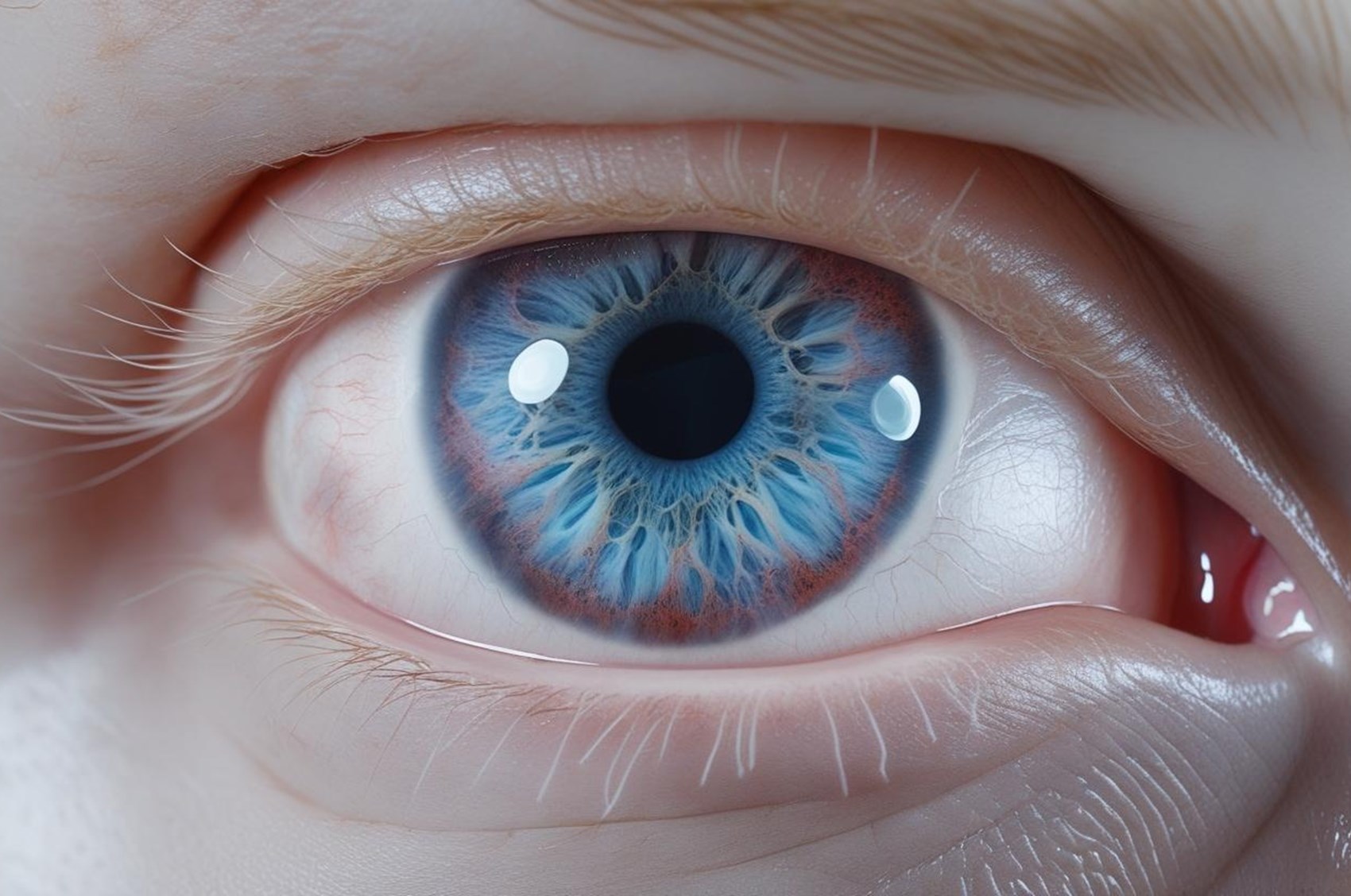Be part of the solution and make a difference

Living with psoriatic disease can mean more than just dealing with skin or joint problems. Did you know it can also affect your eyes?
What is uveitis?
Uveitis is when part of your eye, called the uvea, becomes inflamed. The uvea is in the middle of your eye and includes the iris (the colored part), the ciliary body, and the choroid. When these parts get inflamed, it can cause problems like:
- Red or painful eyes
- Blurry vision
- Seeing floaters (small shapes that move across your vision)
- Sensitivity to light
Uveitis can affect just the front of the eye (anterior uveitis), the middle, the back, or even the whole uvea. The most common type is anterior uveitis.
What’s the link?
People with psoriasis or psoriatic arthritis have a higher chance of getting uveitis than people without these conditions. This is because both are linked to problems with the immune system. Sometimes, the immune system attacks the skin and joints—and it can also attack the eyes.
Studies show that about 2 out of every 100 people with psoriasis may get uveitis, even if they don’t have joint problems. The risk is higher if you have both psoriasis and psoriatic arthritis.
Uveitis in people with psoriatic disease often affects both eyes and can last a long time. It can happen years after psoriasis first appears.
What are the signs?
If you have psoriasis or psoriatic arthritis, pay attention to any changes in your eyes. See a doctor if you notice:
- Redness or pain in your eyes
- Blurred vision
- Sensitivity to light
- New floaters or changes in your vision
Early treatment is important. Uveitis can lead to serious problems, including vision loss, if not treated quickly.
Treatments
Treatment usually involves special eye drops to reduce inflammation. Sometimes, other medicines are needed if the uveitis is severe or keeps coming back. Your doctor may also want to treat your psoriasis or psoriatic arthritis more aggressively to help control inflammation in your whole body.
Conclusion
Psoriatic disease doesn’t just affect your skin or joints, it can affect your eyes, too. If you have psoriatic disease, regular eye checkups are a good idea. If you notice any eye problems, don’t wait: talk to your healthcare provider right away. Early help can protect your sight and keep your eyes healthy.
Source references:
- Fotiadou C, Lazaridou E. "Psoriasis and uveitis: links and risks." PMC - PubMed Central. 2019
- Hijazi N, Gazitt T, Haddad A, et al. "The risk factors for uveitis among psoriatic arthritis patients: a population-based cohort study." PubMed. 2024
- "Psoriatic Arthritis and Uveitis." Psoriatic-Arthritis.com. 2023.
- Lambert JR, Wright V. "Eye inflammation in psoriatic arthritis." PubMed.
- "Analysis Finds Elevated Risk of Psoriasis, Psoriatic Arthritis in Patients With Uveitis." AJMC.com. 2021
